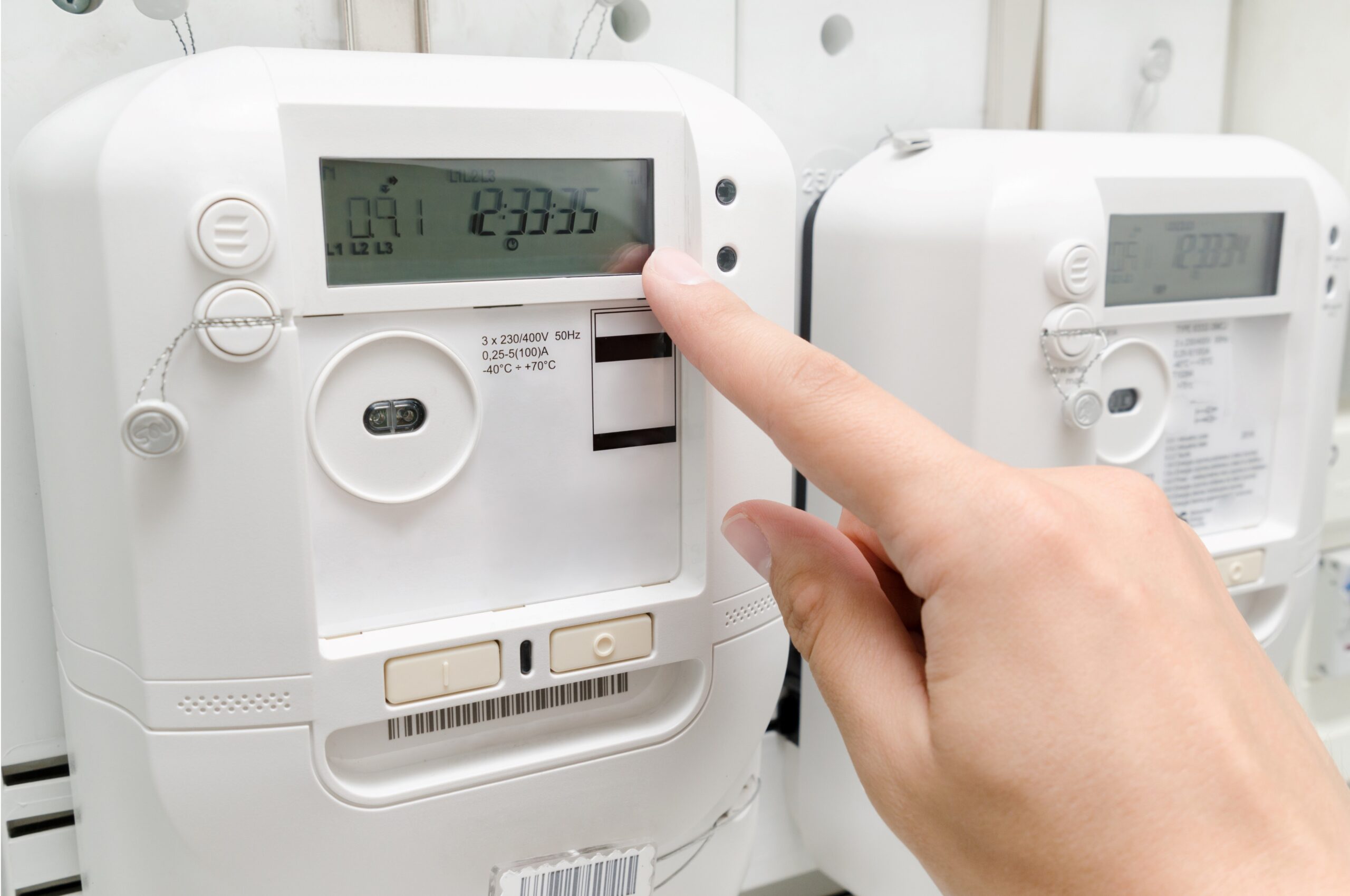As your trusted supplier, we take fraud and crime seriously and are dedicated to doing everything we can to protect our customers. Recently, criminals have posed as SmartestEnergy Business representatives to target customers and extract information.
These scams can appear through door knocking, cold-calling, email, text, WhatsApp, Messenger, and social media. The messages often convincingly impersonate our brand and may even claim to be from Ofgem, the energy regulator. To help protect your business, we’ve compiled the following advice:
Don’t open or click on suspicious emails/messages
Scammers may try to obtain personal information through phishing emails, texts, or messaging apps, posing as trusted sources offering energy rebates or savings advice. While many are easy to spot, some can be convincing, so look out for unusual sender addresses, poor grammar, low-quality content, and suspicious links (hover over them to check their legitimacy).
If you’re unsure about a message, you should delete it immediately and report it to your IT department or email provider. You can verify any suspicious messages using contact details from secure sources like invoices or the official website, not from the message itself.
Scammers often pose as energy suppliers, offering payments or funds to help with energy bills, and request personal details like bank account numbers or passwords. At SmartestEnergy Business, we will never ask you to confirm any personal information when we email or message you.
When we do contact you by email it will be from a ‘@smartestenergy.com’ domain address, for example customerservices.business@smartestenergy.com.
Question any unexpected contact via telephone call
Please be cautious of any unplanned phone calls, criminals can use spoofed numbers to impersonate SmartestEnergy Business or others, pressuring your to confirm personal information or passwords. Please be extra cautious if the call appears to be made from a noisy call centre, as this can be a sign of an illegitimate call.
If you’re suspicious about any such call, please hang up and also report the instance to SmartestEnergy Business if the call was not from us, by calling the phone number on your invoice or our website. If possible, please note the telephone number the caller was using, the name they are using and any other information they have already obtained so that this can be reported to our data protection team.
Engaging a broker for energy services
If you’re contacted by an energy broker, before deciding whether to engage their services, we would firstly advise that you do your own checks to ensure they are legitimate, well-established and trusted. Researching them online via review centres such as Trustpilot is a good start, also check that the are registered with the Alternative Dispute Resolution Scheme. More information on the ADR Scheme is available here.
If you do choose to appoint an energy broker, they will be required to operate on your behalf under Letter of Authority (LOA) when handling your supply contract with an energy supplier. If they do not present you with an LOA and take time to explain the implications of signing one then you should question their credibility and not proceed until you are satisfied that they can be trusted.
Use strong passwords and keep them safe
When using our customer portal (smartweb.smartestenergy.com) or any online platform, we advise creating a password that’s at least 10 characters long and contains a mixture of upper and lower case letters, numbers and symbols. Avoid using company names, people names and avoid obvious passwords like ‘password123’.
Never write your passwords down and use different passwords for different platforms when possible. You can also use a password manager to securely store your passwords. For more tips on strong passwords and online safety, visit Get Safe Online, supported by the government.
SmartestEnergy Business vigilant verification checks
For security reasons, when SmartestEnergy call you, we will ask you to confirm three pieces of account specific information in order to protect your data and ensure we are speaking with the correct representative from your company. To enhance security on your account, you can ask to set up a secure password for telephone contact.
If the call is from someone at SmartestEnergy Business and you are concerned about its authenticity, kindly collect their contact details and the purpose of their call. You can then verify their identity by reaching out to us using the phone number on your invoice or our website.
What to do if you suspect you have fallen for a scam
Depending on the severity of the scam and whether you have provided sensitive information such as your bank details, you should report it immediately to your bank. If you have any questions or concerns in relation to this, please contact our Customer Services Team on 01903 703400 or email customerservices.business@smartestenergy.com.
You should also register the scam via Action Fraud, the national fraud and cyber crime reporting centre. For further details visit their website here.

Data Privacy at SmartestEnergy Business
SmartestEnergy Business are committed to protecting the privacy and security of your personal data. For more information on how we handle your personal data, please view our Privacy Policy using the link below.



